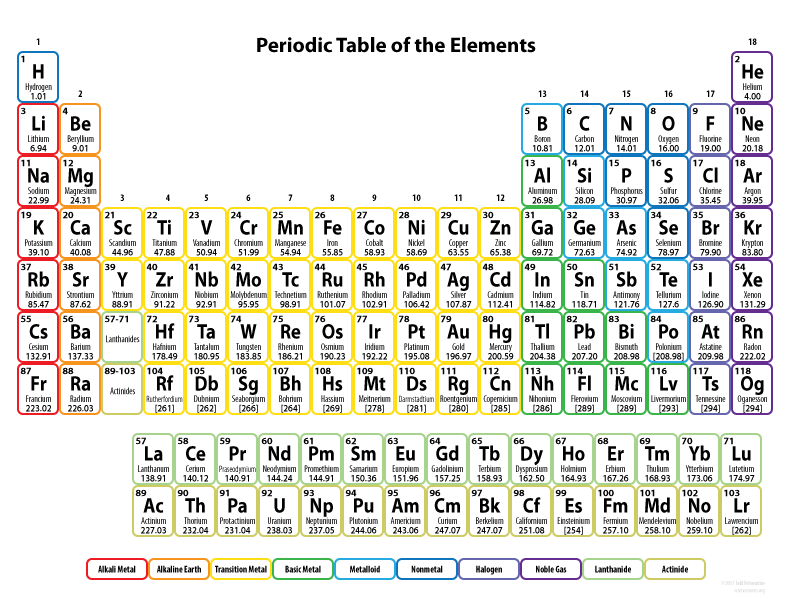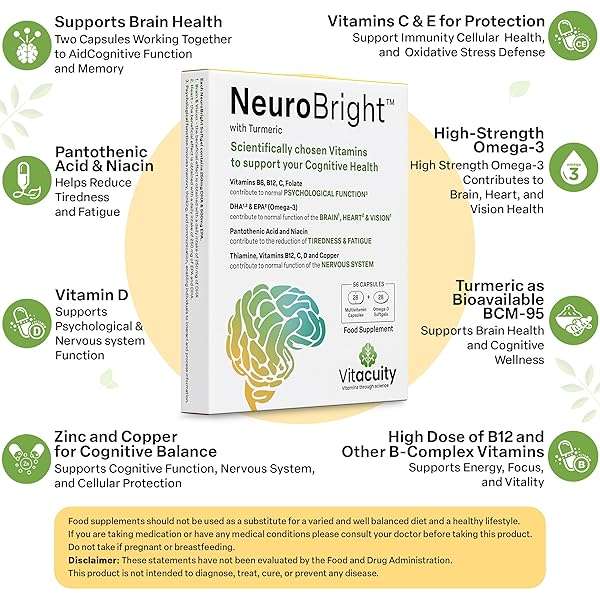The Vitamins and Minerals That Support Energy Indirectly
In the previous blog, we explored the vitamins and minerals that directly participate in ATP production, which is the process
We need Zinc and Copper for Brain Health. Zinc should form part of your supplement regime for Brain (Cognitive) health. It’s a key ingredient, multiple research studies point to its importance in everything from memory, mood, attention and ageing. Copper should also be part of any Brain health supplement. It helps with energy, antioxidant defence, and keeping brain cells firing properly. It seems essential, especially when paired with zinc.
My first encounter with Zinc and Copper goes back much further, to School. When we entered the chemistry labs, for our lessons, my chemistry teacher, Mr Jackson, always wore a lab coat, peppered with tiny acid holes. Bunsen burners were already alight. Copper was used in experiments for its bright blue oxide colour and how it turned flames green, but Zinc was boring, it came in Ingots. I don’t think we did any experiments with Zinc. But I do remember seeing Zinc on the periodic table, right next to Copper.

What I didn’t know back then was that both Zinc and Copper play crucial roles in the Brain. Their influence begins before birth, through childhood and adolescence, and continues into older age. Yet they rarely get mentioned when people discuss the supplements they take.
Zinc and copper are technically classified as trace metals, but in the context of human health, they act as essential nutrients—playing key roles in brain development, energy production, and antioxidant defence. Whether it’s supporting learning in childhood, mood and focus in adulthood, or memory and cognitive protection in later years, Zinc and Copper’s part in the process is important yet rarely discussed.
You’ll find Zinc in foods like red meat, shellfish, pumpkin seeds, and legumes. Copper is naturally present in nuts (especially cashews), seeds, whole grains, and dark chocolate. A varied diet usually provides enough of both, but levels can drop with age, stress, or dietary restrictions— supplementation worth considering.
Early Life: Building the Brain From the Ground Up
Zinc plays a crucial role during early childhood, when the brain is growing and forming connections at a rapid pace. It supports how brain cells communicate, helps with learning and memory, and is especially active in areas like the hippocampus, which is central to memory processing.
A 2024 review published in Frontiers in Pediatrics highlighted how important zinc is during the earliest stages of life—even before and just after birth. The researchers explained that babies who are born early (before their due date) are particularly at risk of having too little zinc. This is because they miss out on some of the zinc that would normally be passed from mother to baby in the final stages of pregnancy. On top of that, these babies often struggle to absorb enough zinc from milk or formula in the weeks after birth.
Getting enough zinc during this period matters. Supplementing zinc in these infants has been shown to support healthy growth, and may even help reduce the risk of complications or poor developmental outcomes. While more research is still needed, the evidence strongly suggests that zinc plays a vital role in helping the brain develop in those earliest months of life.
Link to article: The Role of Zinc in the Premature Brain.
Copper also plays a key role in early brain development—supporting the formation of neural pathways, energy metabolism, and antioxidant protection. Like zinc, copper is passed from mother to baby late in pregnancy, so babies born early can also miss out on this. Maintaining the right balance of both minerals in the early months helps support the brain’s development.
There’s also evidence pointing to zinc’s role in behavioural health. Several studies have shown that children with ADHD tend to have lower zinc levels, and supplementation may help improve focus and reduce hyperactivity when used alongside other treatments.
It is crucial to get the right advice from Doctors and Pediatricians, especially when it comes to pre and post natal care.
Adolescence to Adulthood: Supporting Focus, Mood, and Learning
In adolescence and early adulthood, zinc remains vital—especially during periods of intense mental demand like exams, job training, or adjusting to new environments. Zinc helps regulate neurotransmitters like dopamine and serotonin, which influence mood, motivation, and memory.
Chronic stress can deplete zinc stores, and lower zinc levels have been associated with an increased risk of anxiety and depression. While this doesn’t make zinc a cure-all, it’s another reminder of how deeply nutrition and mental health are connected.
Later Life: Protecting Memory and Slowing Cognitive Decline
As we age, Zinc absorption naturally declines—even if we continue to eat the same foods. This quiet reduction in Zinc status gradually shifts the body’s Zinc-to-Copper ratio, often tipping in favour of copper. And while copper is essential in small amounts, too much relative to zinc can increase oxidative stress and inflammation—two major contributors to cognitive decline and neurodegenerative diseases like Alzheimer’s.
One widely cited review—“Zinc in Cognitive Impairment and Aging” (2022)—summarises the growing body of research connecting declining zinc levels with cognitive ageing, suggesting that maintaining optimal Zinc status may support memory and slow mental decline. Link to article: Zinc in Cognitive Impairment and Ageing
A 2015 paper titled “Zinc and Copper in Alzheimer’s Disease”, published in the Journal of Alzheimer’s Disease, explores how imbalances between these two minerals might contribute to cognitive decline. The authors argue that it’s not high copper alone that’s the issue, but free copper not properly bound and regulated in the body—which can become toxic. They suggest that Zinc may help by restoring the right balance, potentially lowering this harmful form of copper. It’s another reminder that when it comes to brain health, balance matters more than any one nutrient on its own.
Link to Article: Zinc and Copper in Alzheimers Disease
There’s also evidence that Zinc may help reduce the build-up of beta-amyloid plaques, a hallmark of Alzheimer’s disease. It appears to regulate the enzymes involved in plaque formation and support the brain’s natural clearing mechanisms. We need Zinc and Copper for Brain Health.
What About Copper?
While zinc tends to get more attention, copper is just as essential—particularly for the brain. It plays a key role in energy production, neurotransmitter synthesis, and maintaining the structure and function of neurons. In fact, some of the brain’s most important enzymes rely on copper to function properly.
However, copper is something the body only needs in very small amounts, and too much—especially when zinc levels are low—can be problematic. Elevated copper levels have been linked in some studies to increased oxidative stress and inflammation in the brain, which are both associated with cognitive decline.
The key, again, is balance. Too much of one can interfere with the uptake of the other. That’s why many supplement formulations—and research studies—highlight the importance of the zinc-to-copper ratio. A common and well-supported ratio is 10:1 zinc to copper (e.g., 15 mg zinc to 1.5 mg copper), which helps prevent deficiencies in either direction.
So while copper isn’t the villain—it’s absolutely essential—its relationship with zinc is delicate and tightly regulated by the body. Maintaining that balance is one of the smartest things we can do to support long-term brain health.
So, What About Balance?
Zinc and copper share the same absorption pathways in the gut, so they directly influence each other’s uptake. But it’s not just about balance for its own sake—the issue is that, as zinc drops with age, copper effectively becomes more dominant, and this shift has been linked to worse outcomes for brain function.
While the body does try to regulate these minerals, its ability to do so declines over time. That’s why zinc supplementation—particularly when paired with a small, balanced amount of copper—is seen as a smart, protective step.
And it’s not just theory: both the European Food Safety Authority (EFSA) and the UK Food Standards Agency (FSA) recognise that zinc plays a vital role in maintaining normal cognitive function. This is one of the few officially authorised health claims for zinc in both the UK and EU—scientifically validated and legally permitted for use on food and supplement labels.
What Do the UK Guidelines Say About Zinc and Copper?
In the UK, the NRV for zinc is 10.0 mg per day. For copper, it’s 1.0 mg per day. These figures are based on maintaining everyday health through a balanced diet.
What’s often overlooked is that high levels of zinc can reduce copper absorption, potentially leading to a deficiency over time. That’s why the UK also sets a safe upper limit of 25 mg of zinc per day—and why the ratio between the two matters just as much as the dose itself.
High-quality zinc supplements include a small amount of copper, often in a 10:1 ratio (such as 15 mg of zinc to 1.5 mg of copper). It’s a sign the product has been thoughtfully formulated with long-term balance in mind. In contrast, supplements that include zinc but no copper may be missing a key part of the picture.
When researching zinc supplements, always look for copper on the label. Without it, we should question whether the formulation truly understands the science of how these minerals work together.
Zinc isn’t just for immune health or skin. It plays a central role in brain development, cognitive function, memory, and mental wellbeing from early life through to older age.
In early life, it helps wire the brain.
In adolescence and adulthood, it supports focus, mood, and learning.
In later life, it helps preserve memory and slow cognitive decline.
While Copper is also essential, especially for brain energy and connectivity, it’s the gradual fall in Zinc—and the resulting mineral imbalance with Copper — that appears to have the strongest link to neurodegeneration.
In short, Zinc is a quiet but powerful protector of the brain across all stages of life. It’s one of those small details that, when looked after, can have a big impact over time.

Disclaimer: This article is for general information only and does not constitute medical advice. Always consult with a qualified healthcare professional before making changes to your supplement or nutrition routine.
To receive our Newsletter of Research into Vitamins that may help Memory, reduce Tiredness and reduce the chances of Dementia, Alzheimer’s and Cognitive decline please leave your email address below.
In the previous blog, we explored the vitamins and minerals that directly participate in ATP production, which is the process
Feeling tired even after a full night’s sleep? Struggling with afternoon crashes, brain fog, or low stamina during workouts? While
We use cookies to enhance your browsing experience and to analyse our website traffic. We will not share any of your personal details.